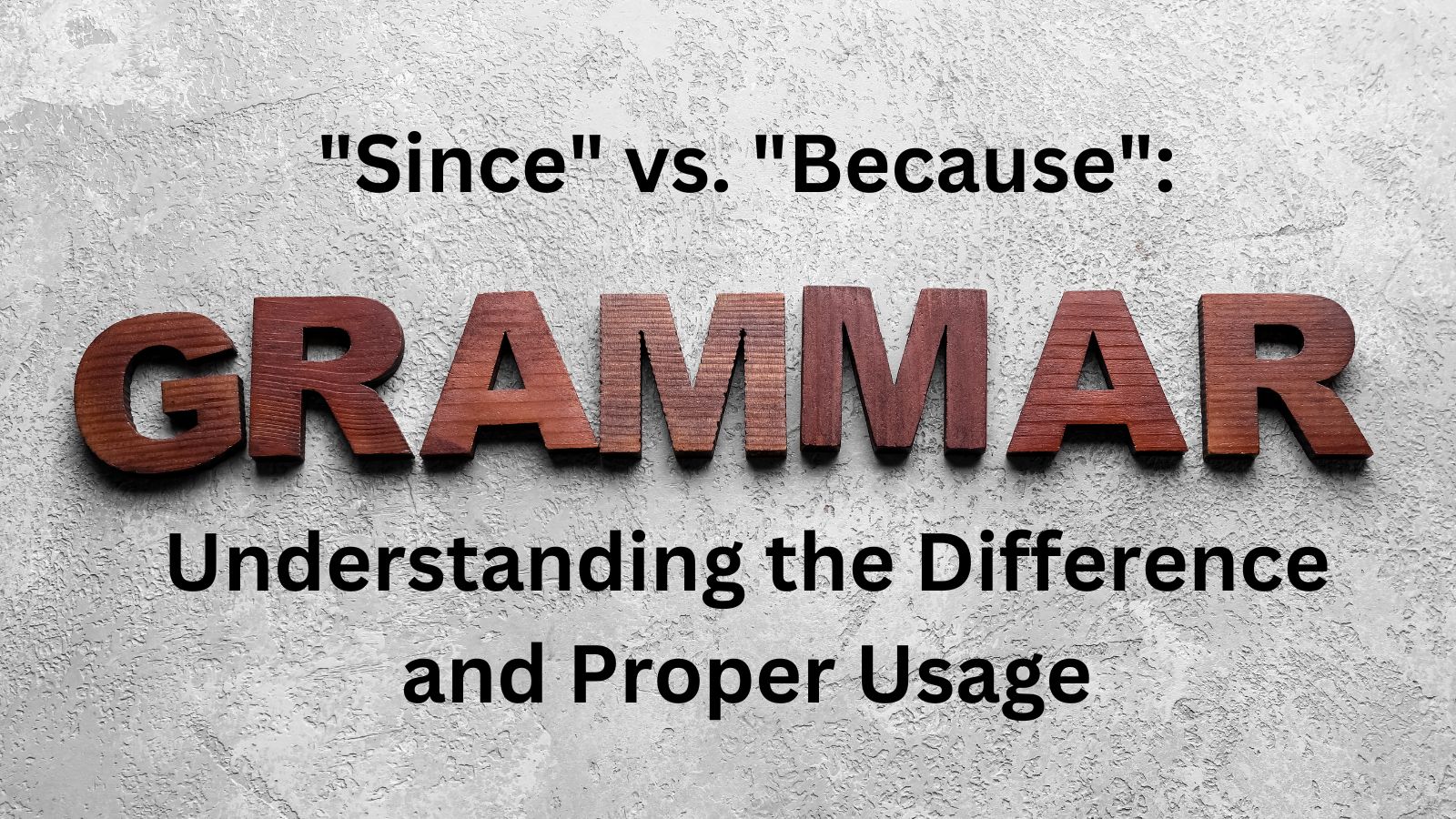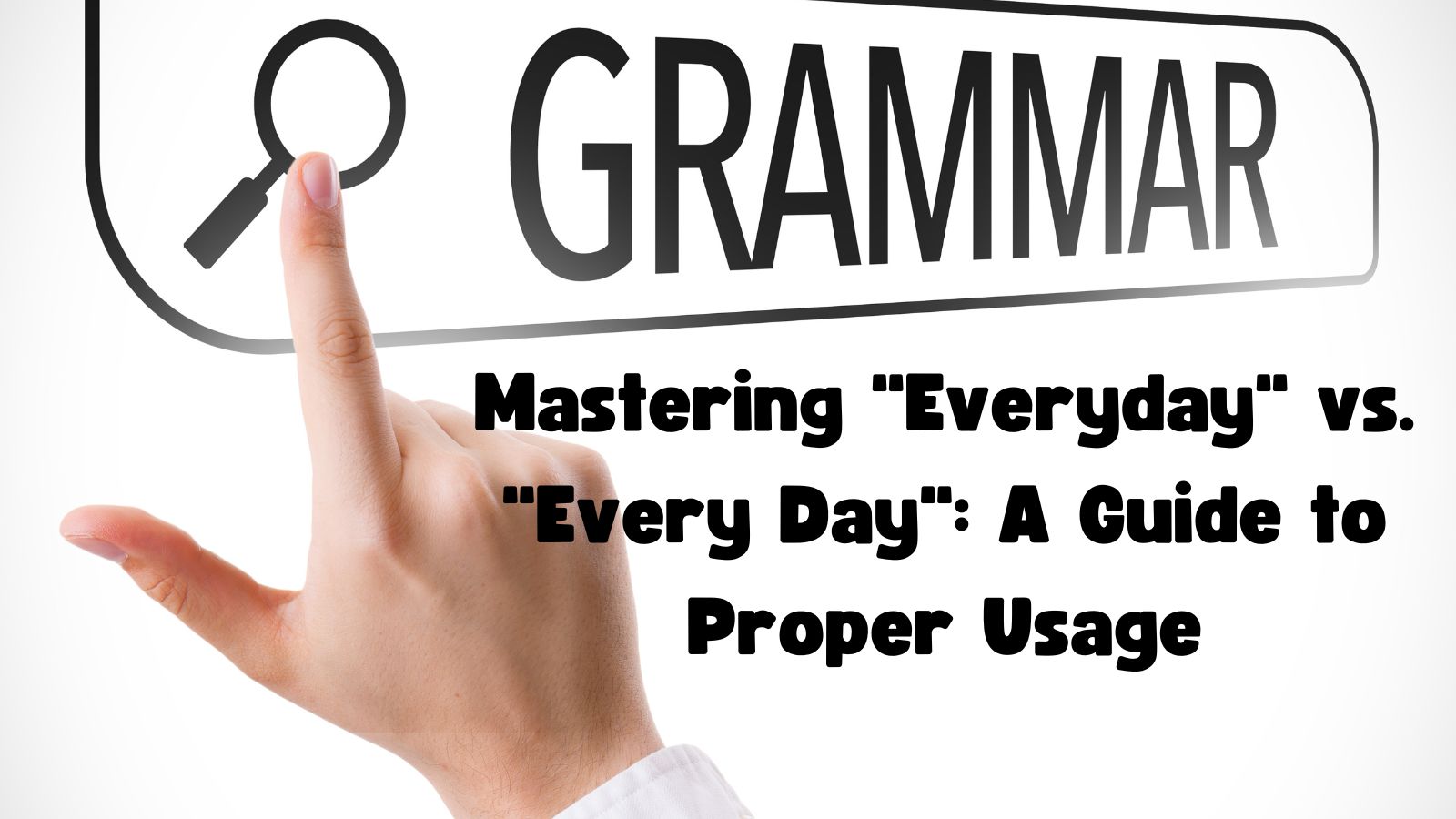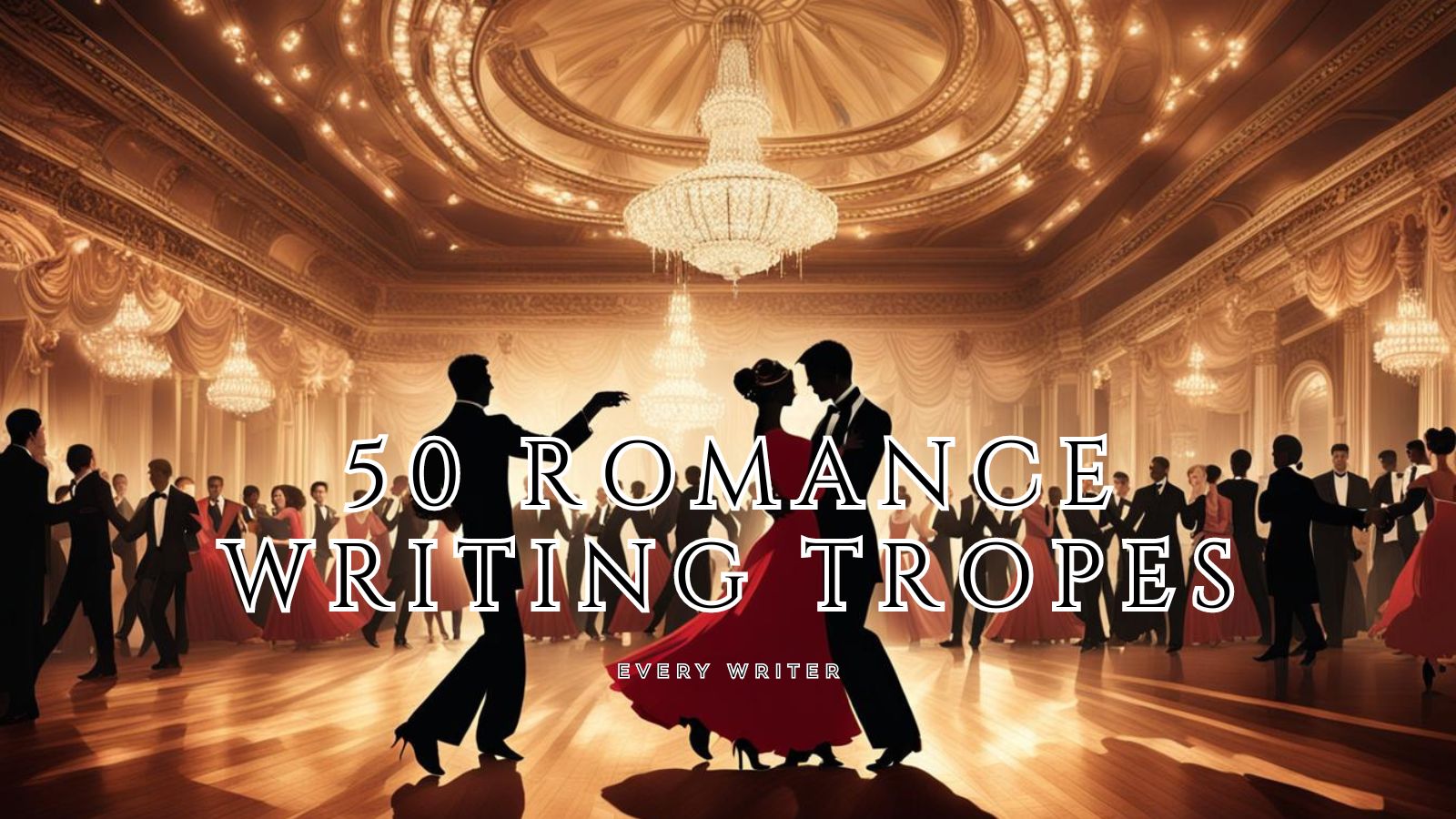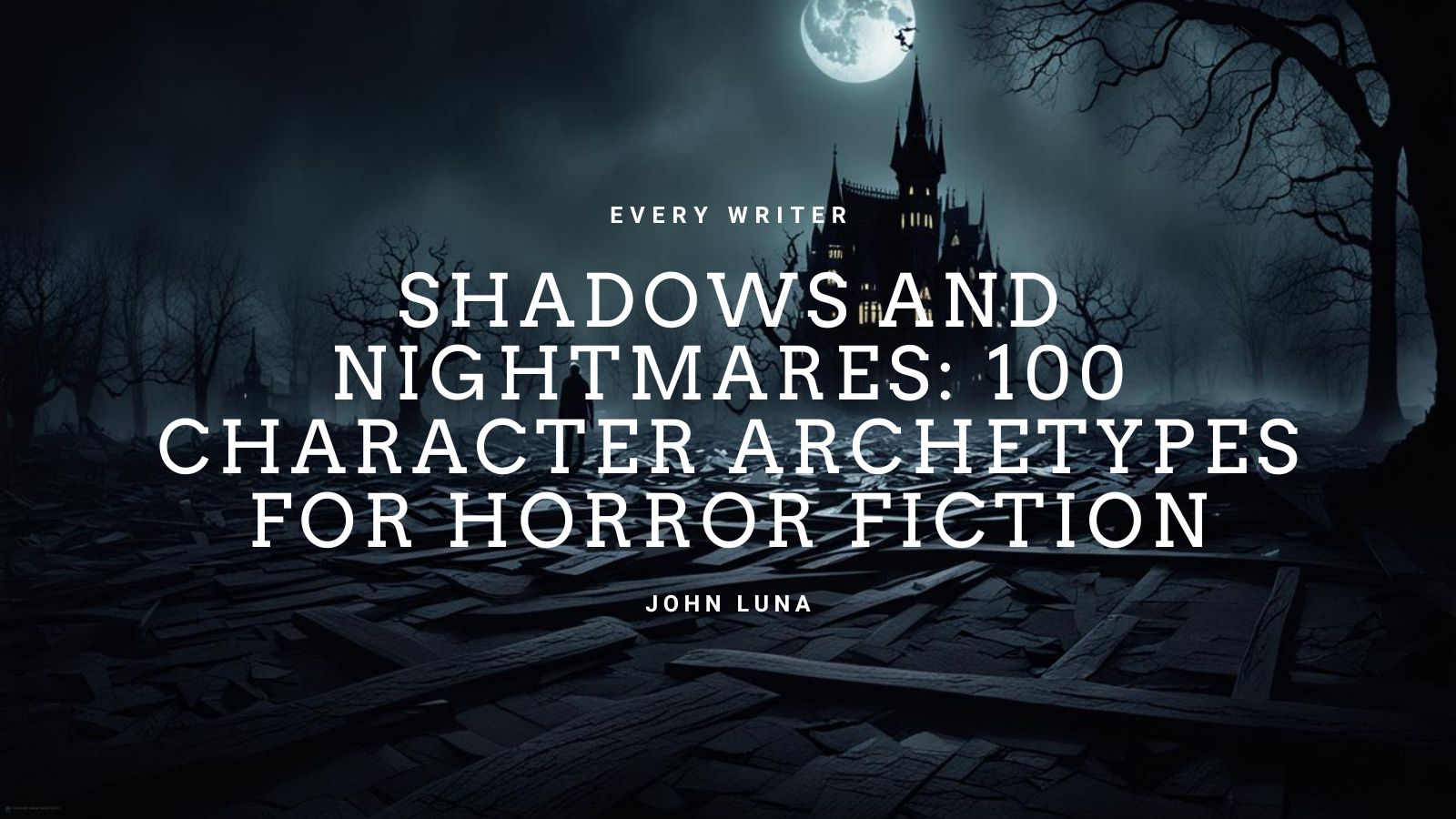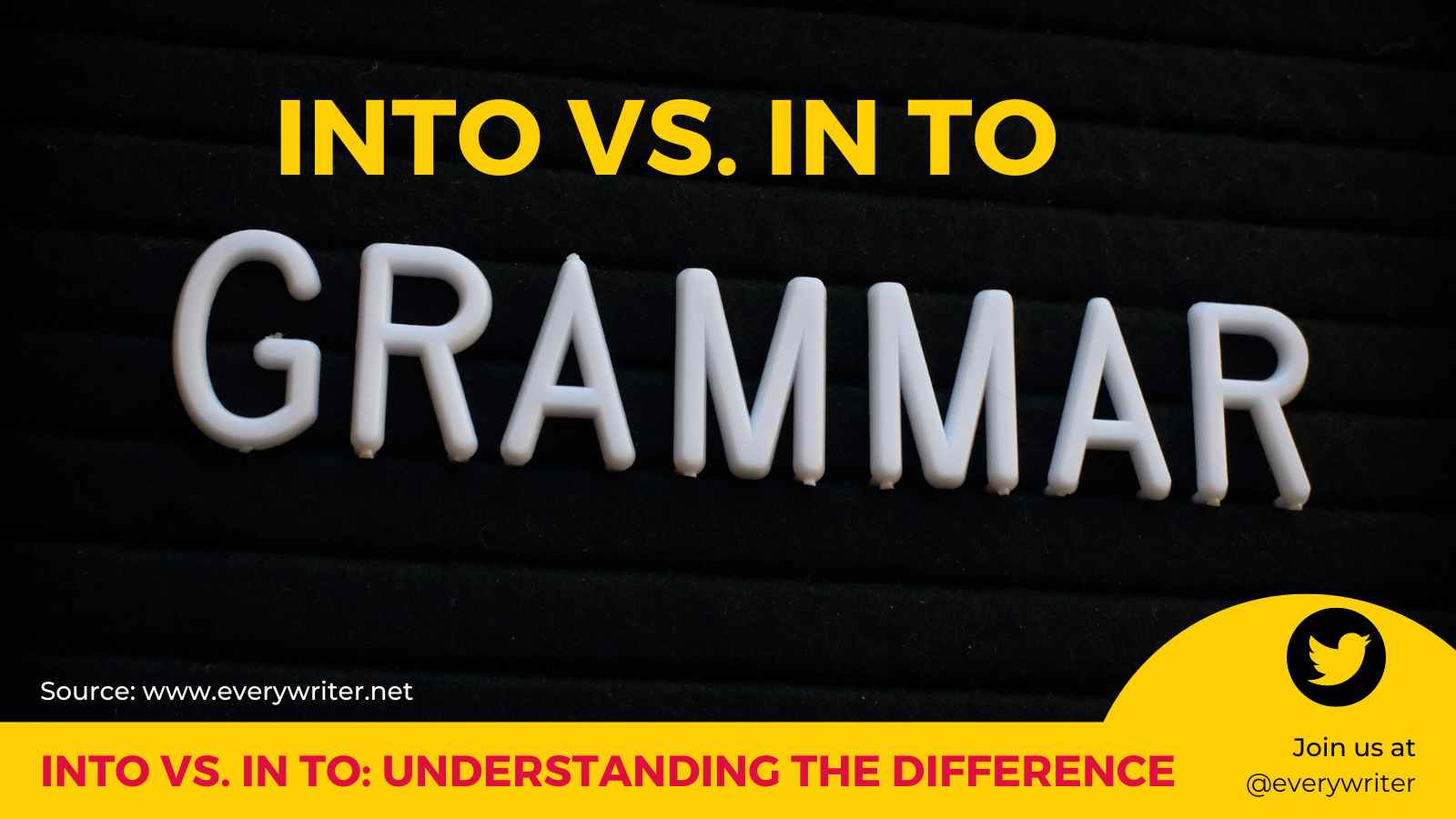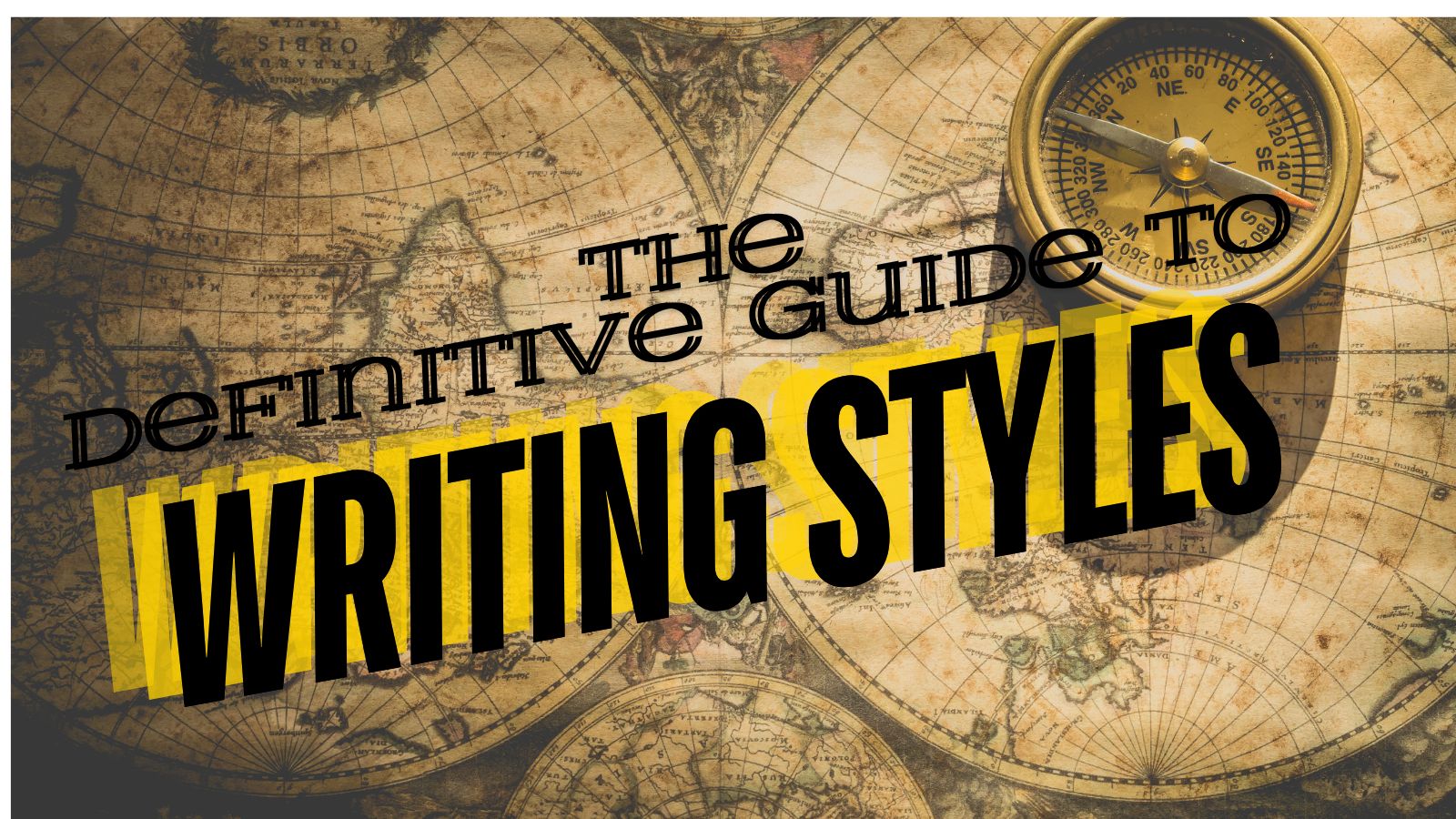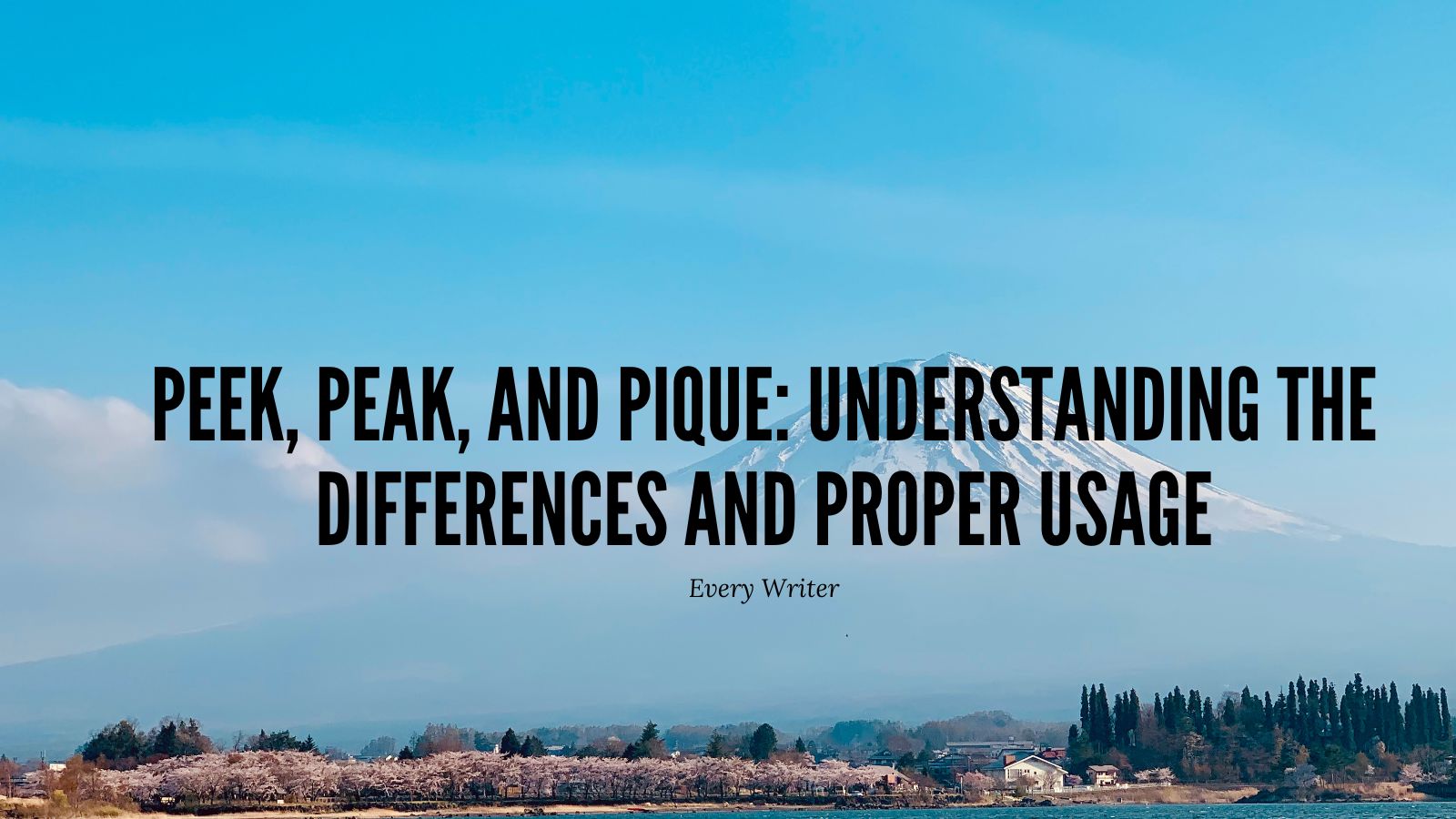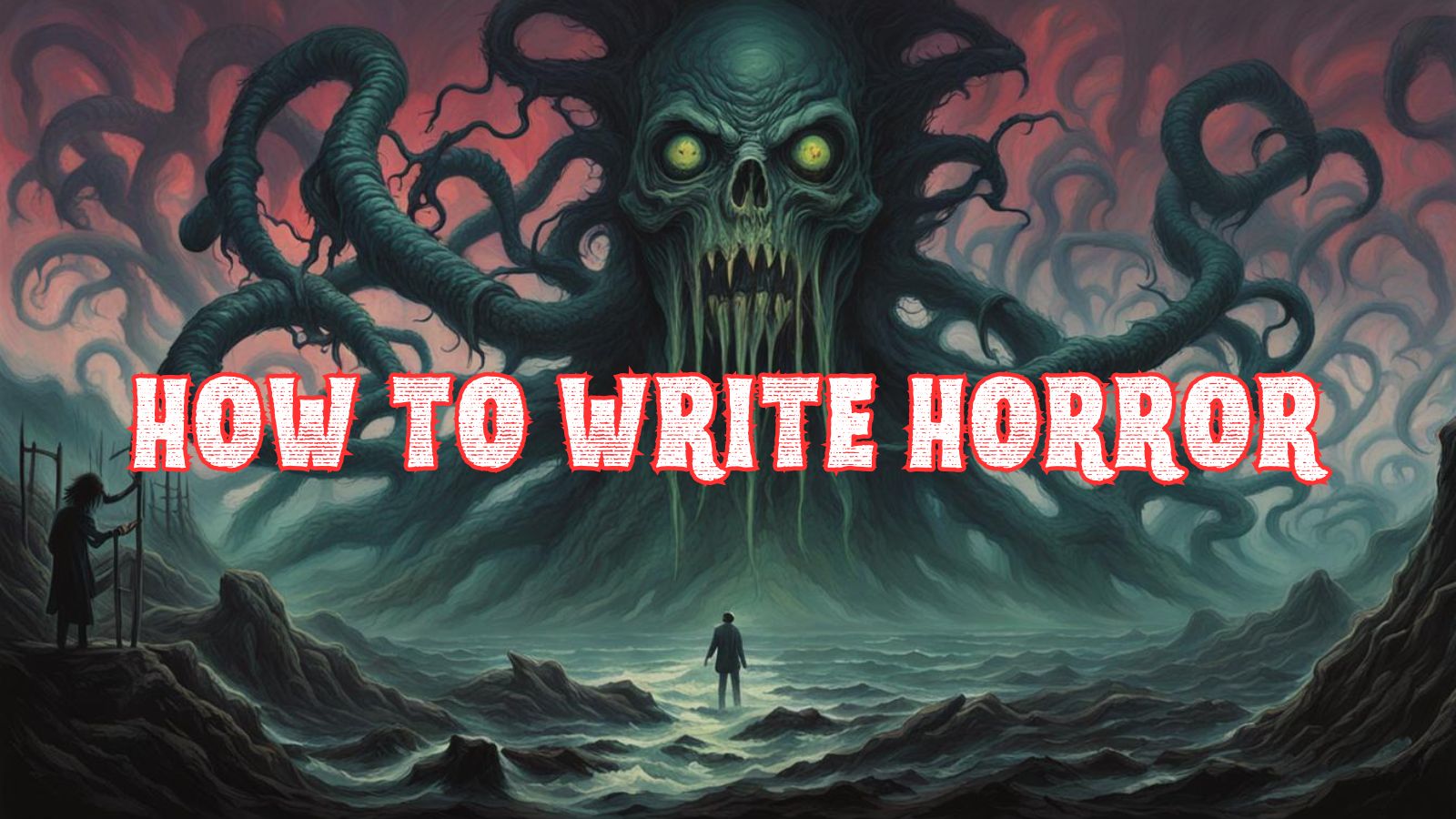“Since” vs. “Because”: Understanding the Difference and Proper Usage In the English language, “since” and “because” are two
Writing Lab 101
500 Argumentative Essay Topics
500 Argumentative Essay Topics: Argumentative writing is a crucial skill that enables individuals to articulate their ideas, persuade others, and contribute to meaningful
50 World Building Ideas: Essential Details for Crafting Immersive Stories
50 World Building Ideas: Essential Details for Crafting Immersive Stories. World building is the foundation upon which every
Mastering “Everyday” vs. “Every Day”: A Guide to Proper Usage
Mastering “Everyday” vs. “Every Day”: A Guide to Proper Usage: Introduction: Many English learners and native speakers alike often struggle
100 Common Tropes Found in Western Stories
Here are 100 common tropes found in Western stories: The Western genre has captivated audiences for over a century, transporting
100 science fiction tropes
Here are 100 science fiction tropes: Science fiction is a genre that has captured the imagination of readers and viewers for generations #scifi #sciencefiction #writing #tropes
Let’s vs lets: How to Use
“Let’s” and “lets” are often confused due to their similar spelling, but they have different meanings and uses.
50 Romance Writing Tropes
50 Romance Writing Tropes: Romance is a beloved genre that has captivated readers for centuries, and at the heart of every
Shadows and Nightmares: 100 Character Archetypes for Horror Fiction
Shadows and Nightmares: 100 Character Archetypes for Horror Fiction is a comprehensive collection of character types that can be found lurking
Into vs. In to: Understanding the Difference
Into vs. In to: Understanding the Difference: When it comes to the English language, there are many words and phrases that can be easily
Definitive Guide to Writing Styles
This is our Definitive Guide to Writing Styles: Throughout history, writers have employed various styles and techniques to convey their ideas, emotions, and stories effectively. Each writing style has its unique characteristics, purpose, and impact on the reader, making it essential for writers to understand and master these different approaches. Whether you are a novelist,…
Peek, Peak, and Pique: Understanding the Differences and Proper Usage
Peek, Peak, and Pique: Understanding the Differences and Proper Usage: In the English language, there are many words that sound similar
What is the difference between May and Might?
What is the difference between May and Might?: The modal verbs “may” and “might” are often used interchangeably
How to Write Horror
How to Write Horror: When crafting spine-chilling horror fiction that leaves readers breathless and haunted long after turning
How to Write a Tantalizing Mystery: A Step-by-Step Guide
How to Write a Tantalizing Mystery: A Step-by-Step Guide: Mysteries have captivated readers for centuries, weaving intricate webs of suspense
